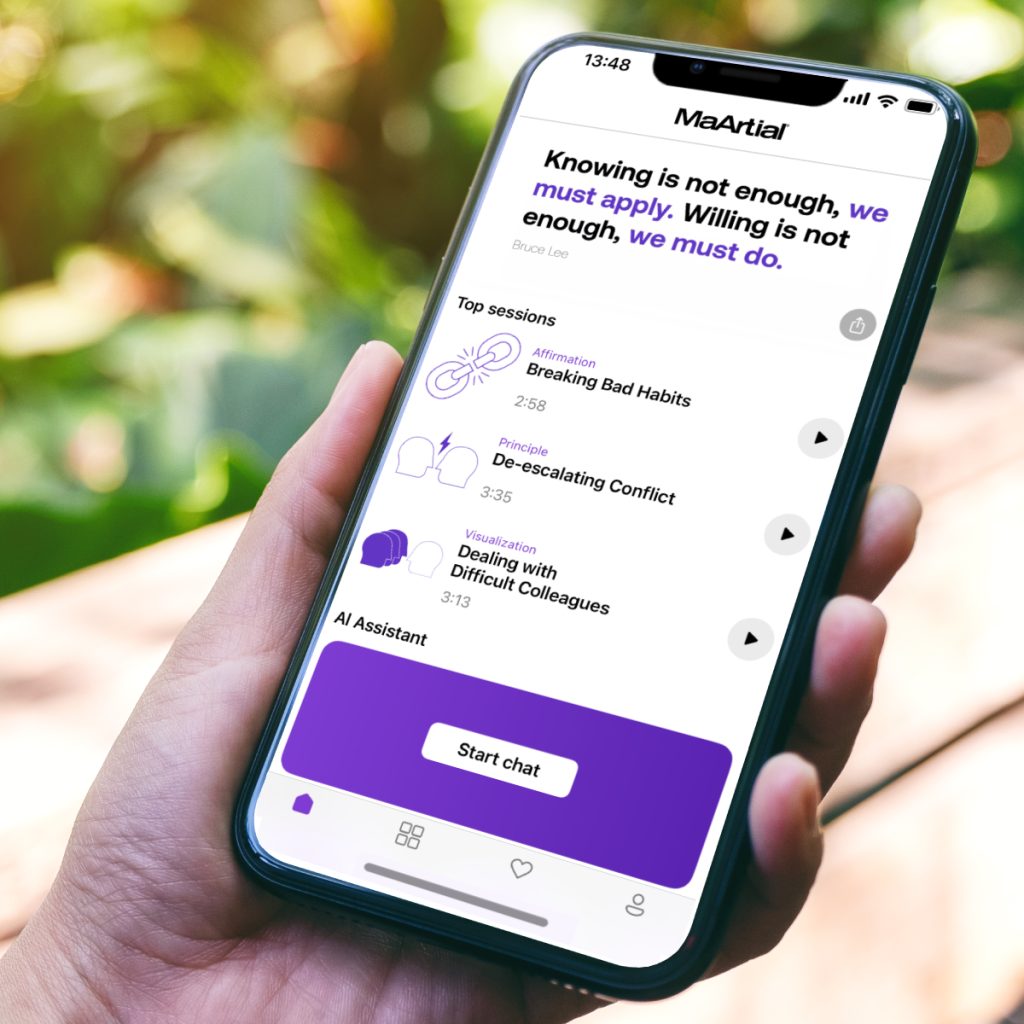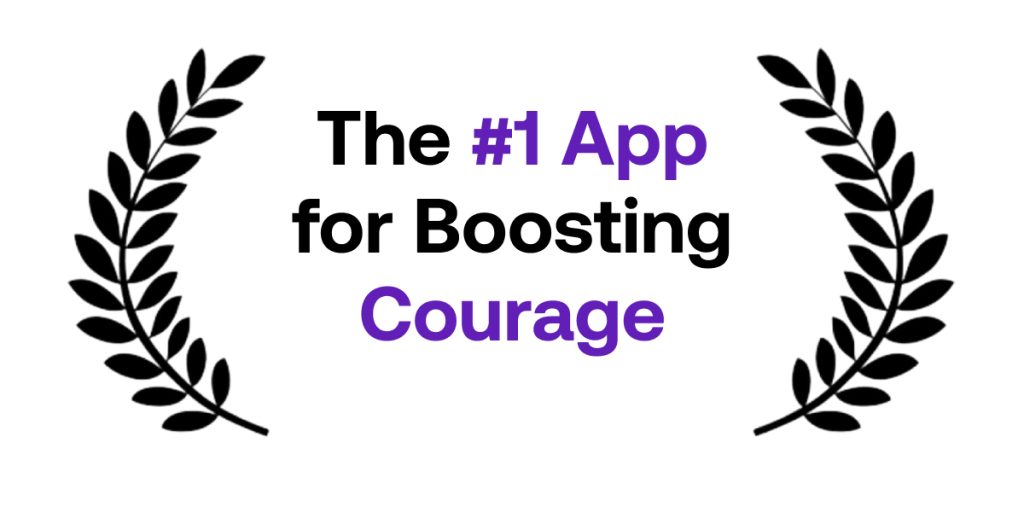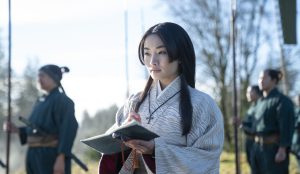Quick thought experiment: take a moment to reflect on a personal failure. Maybe you fared poorly on a recent test, or at an athletic competition. Maybe you have a bad relationship with a friend or family member. Or you don’t exercise enough, or eat properly. Why has this happened?
For most of us, the answer to these and other failures is time. I didn’t have enough time to study, practice, or train properly. I didn’t have enough time to devote to friends or family. I didn’t have time to go to the gym, or cook myself a proper meal.
Time is our most precious of all resources. It’s limited, and we can’t get more of it. Everyone has the same amount of hours in a day.
But time is also free, and prevalent. And every day we get more and more of it.
Instead of blaming a lack of time when you don’t achieve a desired result, what if you re-frame it as the ability to best manage your time. Instead of an external lack that you have no control over, this is something that you can improve within yourself.
Time is a created thing. To say ‘I don’t have time,’ is like saying, ‘I don’t want to.
― Lao Tzu, Tao Te Ching

The ability to make the most of our time and other resources, to find innovative solutions to our problems, is called resourcefulness.
While resources like time may be limited, each of us has the skills to be resourceful and make the best use of them. What skills can we use to cultivate our resourcefulness when it comes to best using our time?
1. Honesty. Evaluate your long-term goals, but try to be honest with yourself about what you want to achieve. A common regret that many people have later in life is spending too much time at work, and not enough with their family. Realizing what is truly important to us is key in identifying where we spend our time.
2. Prioritization. Everything we do takes time; once you identify what is important to you, try to prioritize your time to achieving that goal. Learn to say no, but instead of saying “I don’t have time,” say “this isn’t a priority for me.” If that doesn’t sound right, you need to work on your priorities.
3. Scheduling. Knowing where we want to spend our time is half of the battle; the other half is putting that knowledge into practice. A great start is to write down your priorities in a calendar or diary. This physical acknowledgement of our priorities in a schedule is great motivation to seeing them through.
4. Focus. Don’t get overwhelmed by trying to make time for everything; instead, try to focus on achieving one goal at a time. After establishing long-term goals, try to break them down into smaller chunks and always focus on achieving one at a time.
NEW! Put the principles from this article into practice with the free courage-boosting MaArtial app on the App Store for iOs and Play Store for Android.
While many think they lack the time to achieve their goals, each of us has the skills that can be used to cultivate resourcefulness and truly take advantage of the time we have.
You already have everything you need.
— Zen proverb

An important aspect of Zen philosophy is the idea of contentment: that we are already the person we want to be, and that we already have everything we need. The value of external resources is frequently an illusion; the ambition to achieve them is an impediment to enlightenment.
A oft-told Zen story involves an ambitious young monk who seeks to learn enlightenment from a master.
“How long will it take me to achieve enlightenment?” the young monk asks.
“About ten years,” the master says after some careful consideration.
“But I am more determined than most,” the young monk says. “What if I practice twice as hard?”
“In that case,” replies the master, “twenty years.”
[text-block-start]
Utilizing our inner skills to build resourcefulness is a great way to overcome what we feel might be a lack of resources. But how can we make sure that our decisions are driven by careful consideration, and not emotion? How can we access our most creative inner self to solve these problems?
At MaArtial, we believe that archetype training can help separate our complex self into distinct personalities that can be utilized in different scenarios. To discover our hidden creative side, we must first access our inner mystic.
In their book King, Warrior, Magician, Lover, Douglas Gillette and Robert L. Moore describe a quick exercise that can help you access your inner mystic. They call it “focusing”.
1. Imagine sitting in an “observation” chair, and watching your emotions appear in the center of the room.
2. Observe each emotion as it comes up – fear, anger, happiness, and so on – and try to visualize them in terms of color, size, shape, etc. As long as you can see the emotion, it isn’t being repressed.
3. Once the emotion has been seen and understood, dispel it from your thoughts.
This quick exercise helps us access our inner mystic: the creative side of us that views and understands our emotions as an outsider, and uses this emotional energy to find creative solutions to our problems. When we understand our emotions, we don’t let them drive our decision-making. Accessing the mystic is a useful exercise to lead us down this path.
[text-block-end title=”MaArtial comment”]














